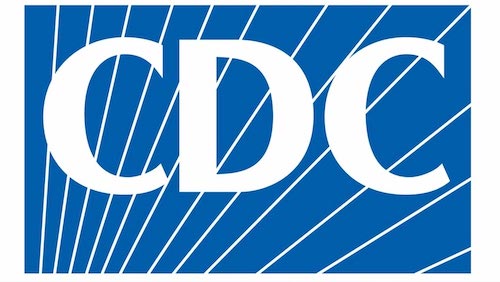Environmental Health Program Administrator, Maryland Department of Health
Category : Alumni
Position Summary
This position will be responsible for directing the Healthy Homes programs in the Environmental Health Bureau, including the Lead, Asthma and Radon programs. This position will also be responsible for conducting outreach and public health actions for the Environmental Public Health Tracking (EPHT) program, as well as for other Bureau projects. This position will coordinate Healthy Homes activities, including the Medicaid-funded programs on childhood lead and asthma prevention.
Additionally, this position will ensure the implementation and documentation of public health actions and outreach activities required by the EPHT cooperative agreement. Finally, this position will manage grants and contracts, while supervising a team that includes outreach personnel and contractual staff members, in order to complete deliverables and accomplish program goals, in partnership with other Bureau programs; Medicaid; local health departments; academic institutions; and, other State agencies.
Minimum Qualifications
- Education: Possession of a Bachelor’s degree from an accredited college or university in Nursing, Social Work, Psychology, Education, Counseling, or a related field.
- Experience: Six years of professional experience in health services, three of which must have been in professional clinical or administrative services in areas other than Mental Health, Developmental Disabilities or Addictions, and three of which must have been at the managerial or supervisory level.
- Notes:
- 1. Applicants may substitute a Master’s or Doctoral degree in a health or human services field for up to two years of the required general experience.
- 2. A Bachelor’s degree from an accredited college or university in another field, plus an additional year of professional experience in health services, may be substituted for the specific degree.
- 3. Candidates may substitute U.S. Armed Forces military service experience as a Commissioned Officer in Health Care Administration classifications or Health Services Administration specialty codes in the health related field of work, on a year-for-year basis, for the required experience and education.
Desired Qualifications
The desired candidate should have experience managing one or more Federal or State grants as either a Principal Investigator or Program Manager. The desired candidate should also possess one or more of the following:
-
Master’s Degree in Industrial Hygiene, Nursing or Medicine
-
Certification in Asthma Education, Lead Risk Assessment, Healthy Homes or Indoor Air Quality
How to Apply
- If interested in this position, click here to read more about it and apply online.
- Application Deadline: August 10, 2020








Recent Comments